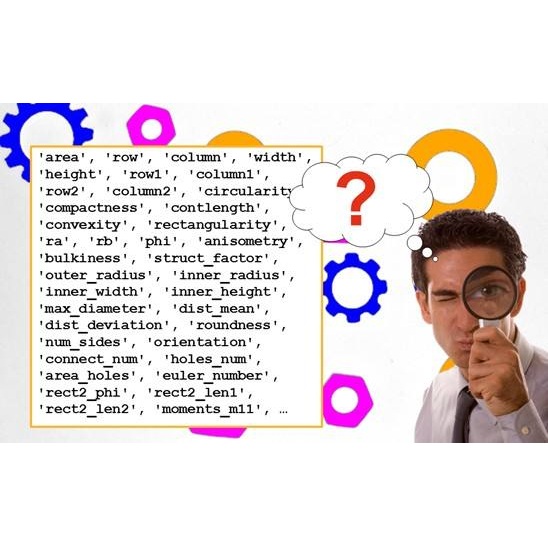Objective: A variety of pattern analysis techniques for model training in brain interfaces exploit neural feature dimensionality reduction based on feature ranking and selection heuristics. In the light of broad evidence demonstrating the potential sub-optimality of ranking based feature selection by any criterion, we propose to extend this focus with an information theoretic learning driven feature transformation concept. Methods: We present a maximum mutual information linear transformation (MMI-LinT), and a nonlinear transformation (MMI-NonLinT) framework derived by a general definition of the feature transformation learning problem. Empirical assessments are performed based on electroencephalographic (EEG) data recorded during a four class motor imagery brain-computer interface (BCI) task. Exploiting state-of-the-art methods for initial feature vector construction, we compare the proposed approaches with conventional feature selection based dimensionality reduction techniques which are widely used in brain interfaces. Furthermore, for the multi-class problem, we present and exploit a hierarchical graphical model based BCI decoding system. Results: Both binary and multi-class decoding analyses demonstrate significantly better performances with the proposed methods. Conclusion: Information theoretic feature transformations are capable of tackling potential confounders of conventional approaches in various settings. Significance: We argue that this concept provides significant insights to extend the focus on feature selection heuristics to a broader definition of feature transformation learning in brain interfaces.
翻译:目标:为大脑界面示范培训提供各种模式分析技术,利用基于特征排名和选择超自然学的神经特征维度减少。根据广泛证据,显示按任何标准进行排名基础特征选择的潜在亚最佳性,我们提议以信息理论学习驱动特征转变概念扩展这一重点。方法:我们提出最大程度的相互信息线变换(MMI-LinT)和非线性变换(MMI-OnLinT)框架,这种变换是根据特征变换学习问题的一般性定义产生的。根据四个等级的汽车成像脑计算机界面(BCI)任务中记录的电子感化数据进行实证评估。探索初始特性矢量构造的先进方法,我们比较拟议的方法与在大脑界面中广泛使用的基于常规特征选择的减少维度技术(MMI-LinT)和非线性变换(MMI-NONLinT)框架。此外,我们提出并利用基于特征变换的等级图形模型系统。结果:二进制和多级分解分析,在四个级的汽车成像机界面接口(E-多级)中显示更能化的变异性分析方法,在常规变异化中提供重要的变现定义。



